The original team invited the author Chao Wenshe.
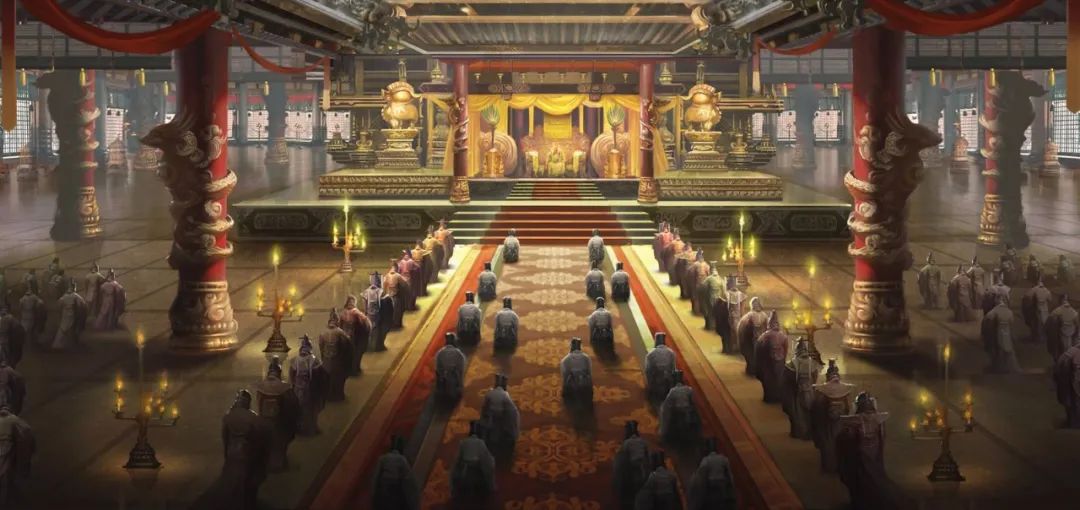
Author | Our Special Invited Author Jiuyu Pavilion
"Chao Wen She" (formerly "We Love History") is the headline signing group media.
Words: 2218, reading time: 6 minutes.
In today’s Internet enterprises, "996" seems to have become a normal state, with employees of both large factories and small enterprises deeply disgusted with it, who go to work at 9: 00 a.m. and get off work at 9: 00 p.m. and work six days a week.
Then, in ancient times, was there such an overtime culture?
First of all, the concept of going to work in ancient times is not necessary in modern times. In ancient times, it was an agricultural society. Generally speaking, only officials, officials, servants and craftsmen working in the government had classes. In other words, if you are an ordinary citizen, you don’t have to consider going to work at all.
business hours
In the Zhou dynasty, officials needed to go to work according to the time when the rooster crowed. Once they heard the rooster crowed, they would arrive at the court.
According to historical records, "the cock crows, and the court is full."
In the pre-Qin period, the crow was the alarm clock of officials, but this time was not very fixed. Therefore, after that, the working time was generally set as Maoshi, that is, from 5 am to 7 am.
According to the Ming Dynasty, you should sign in at Mao’s time and sign out at You’s time, in other words, you should sign in between 5-7 in the morning and sign out between 5-7 in the evening. If you go to work at 5 o’clock and get off work at 5 o’clock, the working time in a day is 12 hours.
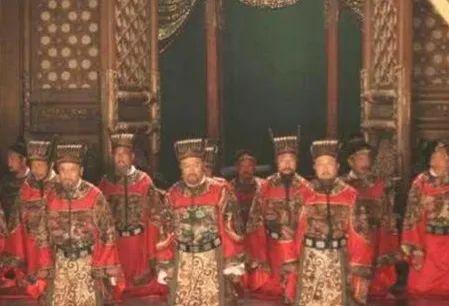
During the Hongwu period, Zhu Yuanzhang once stipulated that officials had only one day off every month, which was the fifth day of each month. It is true that the 996 "Fu Bao" is more humane than the working system during the Hongwu period.
Generally speaking, the treatment of ancient scholars and officials was quite good. As the saying goes, learning to be excellent is an official. Although the 12-hour working system is a bit harsh, it is still much better than those servants.
In the feudal autocratic dynasty, servants’ status was very low. They not only needed to go to work on time, but also had long working hours. Fang Bao, a writer in Qing Dynasty, once recalled one of his handmaids, and said, "It’s normal for chickens to crow at night."

The time of the four drums is about 2 am, which means that the maid goes to bed at 2 am and gets up at 6 am, and only rests for 4 hours a day. In addition, this handmaid has no rest day, and this work system can even be understood as "247". The handmaid died at the age of 17 because she worked too long and didn’t have enough rest.
Although the modern 996 working system is somewhat inappropriate, it is still humanized compared with the servants of the Qing Dynasty. Therefore, friends who want to cross must understand the working hours of that era, otherwise, they may suffer a big loss.
On the way to work
In modern society, although going to work is a very unpleasant thing, commuting is not very complicated. We have subways, buses, cars and electric cars, which are far away. We can choose public transportation, which is closer, and we can choose to travel by bike.
For ancient officials, on the way to work, it is easy to have accidents. For high-ranking officials in the imperial court, there are usually carriages or guards when the court is in court, and the safety can still be guaranteed, but those ordinary officials can only walk.
Why is walking prone to accidents? The main reason is that when the court was in power, it was still dark. Those high-ranking officials in the imperial court had the privilege to light lamps, but ordinary officials did not have this right.
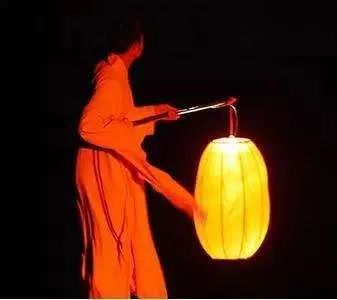
Before the apocalypse of the Ming Dynasty, there were street lamps in the Forbidden City, and court officials could use the light of the street lamps when they went to court. But when Wei Zhongxian was in power, the street lamps were cancelled. Not only were there no street lamps, but fireworks were also prohibited.
According to historical records, "On the evening of May, everyone goes in secretly, and when they meet, they can’t distinguish it without looking at it."
As a result, there is such a scene. In the early hours of the morning, officials are on the road in a daze. On the road, even if they meet their colleagues, they can’t see them. Sometimes, they will bump into a black eye.
During Wei Zhongxian’s reign, there was an official whose home was far away. One day, when he got up late, he hurried to the hall in a hurry. Unfortunately, because there was no street lamp and the road was slippery, one of them accidentally fell into the river and died!
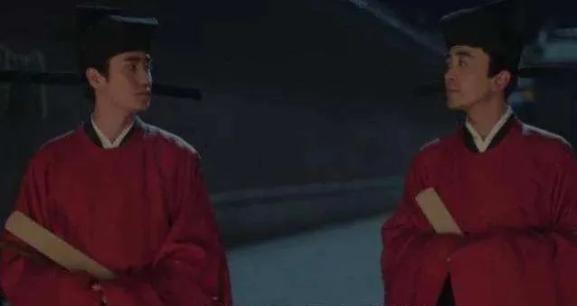
In the Qing dynasty, there were also laws prohibiting lights, so how should officials go to work? It is true that it is too dangerous to go to work in the dark, so officials have an idea, and that is to borrow the light.
The princes, military ministers and other high-ranking officials in the Qing Dynasty had the privilege of lighting lamps. Therefore, ordinary officials would wait for the procession of these high-ranking officials along the road. When the procession arrived, just like the bus in Yanjiao, Beijing in modern times, everyone flocked to keep up with the procession and then went to court smoothly. In order to prevent falling into ditches and rivers, it is the best way to travel by light.
Late punishment
In modern society, being late is the boss’s worst aversion. If he is much late, he may even be fined. In the ranks of ancient officials, being late is not a trivial matter. Not only will you be fined, but you may also get a board.
In "A Brief Discussion on the Law of the Tang Dynasty", there is a rule that "officials don’t attend without reason", the content of which is how to punish those officials who are late. For example, if an official fails to come for one day, his punishment will be 20 small boards. If he is absent for three days, the crime will be aggravated. If he is absent for 25 days, he will be hit with 100 big boards. If he is absent for 35 days, he will be sentenced to one year in prison. If you work in a border town, you will often be late, and the punishment will be heavier.
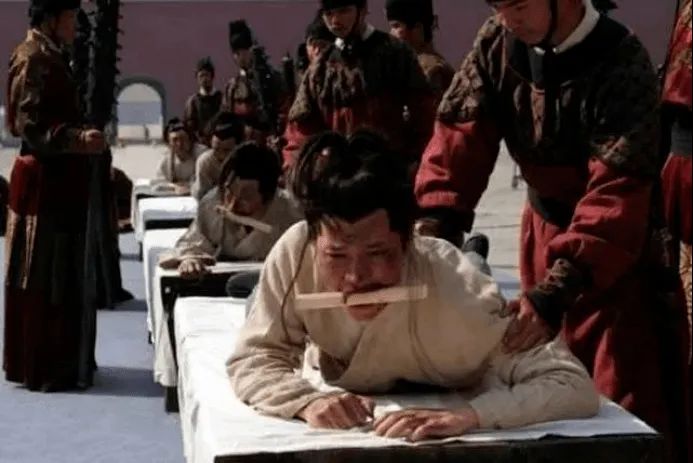
Zhao Mengfu, a great painter in the Yuan Dynasty, used to be a doctor of the Ministry of War. At that time, the prime minister was disgusted with the lateness of officials, so he was very strict about attendance. Once, when Zhao Mengfu was late, he was caught by the judge at that time. The judge was already disdainful of the Han people. When he saw Zhao Mengfu late, he pulled him down and beat the board.
Spanking and imprisonment are the penalties for being late. In fact, although the punishment is a bit heavy, it is not too much. After all, as a national public official, he has a great responsibility, and being late is certainly not appropriate.
In addition to spanking and imprisonment, fines are also important. During the reign of Emperor Xuanzong of the Tang Dynasty, officials who were late for no reason would be fined a quarter’s salary, in other words, three months’ salary would be lost if they were late once. In Tang Suzong, officials who were late would be fined one month’s salary.
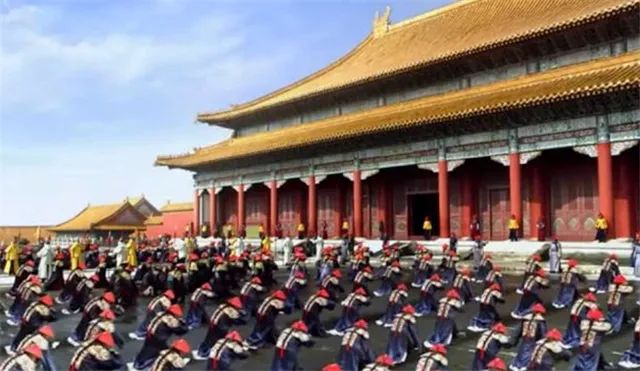
Officials in the Song Dynasty were generally the best in all dynasties, and the government’s management of officials was relatively loose, but there were also related penalties for being late.
During Song Renzong’s reign, Zhang Yi, the right-hand patrol envoy, reported many officials’ being late for work, leaving early and being absent for no reason. Although Song Renzong had a good temper, he was furious when he heard this. Song Renzong immediately ordered that the officials who were absent without reason should be examined, and those who were found to be true should be dismissed. In other words, even in the relaxed Northern Song Dynasty, being late is not a joke.
To sum up, in ancient times, the requirements for going to work were quite harsh. Officials not only got up earlier than chickens, but also had to take risks to go to work in the dark. If they were late, they would beat the board, or even lose their posts and even go to jail. It can be seen that working in ancient times, especially for ordinary officials, was by no means a pleasant thing. Compared with the ancients, 996 may really be a "blessing"!
References: On the Laws of the Tang Dynasty, The Book of Songs and Tang Huiyao.
Original title: "Did the ancients also have" 996 "? "247" is the norm, and you will get a board when you are late.
Read the original text











